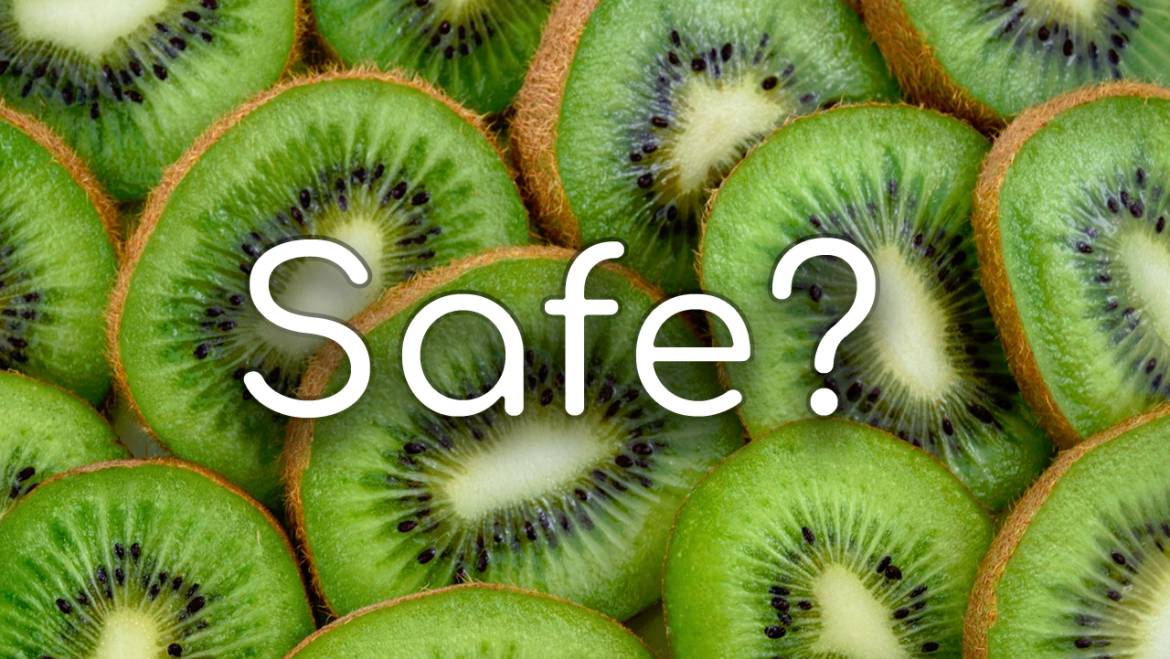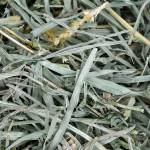Kiwi is a delicious fruit that is loved by many, but can chinchillas eat kiwi? As a responsible chinchilla owner, it’s important to know what foods are safe and healthy for your furry friend. In this article, we’ll explore the benefits and risks of feeding kiwi to chinchillas, as well as provide some tips for incorporating kiwi into your chinchilla’s diet.
What is Kiwi?
Kiwi, also known as the Chinese gooseberry, is a small fruit with a fuzzy brown exterior and green flesh inside. It is a rich source of vitamin C, vitamin K, fiber, and antioxidants. Kiwi is a popular fruit worldwide and is often used in salads, smoothies, and desserts.
Nutritional Value of Kiwi
Kiwi is a nutrient-dense fruit that offers several health benefits. It contains high levels of vitamin C, which is essential for the immune system, skin health, and wound healing. Kiwi also contains vitamin K, which is important for blood clotting and bone health. In addition, kiwi is a good source of fiber, which helps regulate digestion and prevent constipation.
Can Chinchillas Eat Kiwi?
Yes, chinchillas can eat kiwi in moderation. Kiwi is not toxic to chinchillas, and it can provide some nutritional benefits. However, it is important to note that kiwi is high in sugar and acid, which can be harmful to chinchillas if consumed in excess.
Benefits of Feeding Kiwi to Chinchillas
Feeding kiwi to chinchillas can offer several benefits. The high vitamin C content in kiwi can help support the immune system and protect against illness. The fiber in kiwi can also aid in digestion and prevent constipation. In addition, kiwi contains antioxidants, which can help protect cells from damage caused by free radicals.
Risks of Feeding Kiwi to Your Chinchilla
While kiwi can offer some nutritional benefits, it is important to be aware of the potential risks of feeding kiwi to chinchillas. As previously mentioned, kiwi is high in sugar and acid, which can be harmful to chinchillas if consumed in excess. Too much sugar can lead to obesity and dental problems, while too much acid can cause digestive issues and diarrhea.
How to Feed Kiwi to Your Chinchilla
If you decide to feed kiwi to your chinchilla, it is important to do so in moderation. A small amount of kiwi once or twice a week is sufficient. It is best to remove the skin and seeds from the kiwi before feeding it to your chinchilla, as the skin can be difficult to digest and the seeds can pose a choking hazard.
Other Fruits to Feed Chinchillas
If you’re looking to add some variety to your chinchilla’s diet, there are several other fruits that are safe and healthy to feed in moderation. These include apples, pears, bananas, and strawberries. As with kiwi, it is important to remove the skin and seeds before feeding these fruits to your chinchilla.
Foods to Avoid Feeding Chinchillas
While there are several fruits and vegetables that are safe for chinchillas to eat, there are also several foods that should be avoided. These include avocado, chocolate, caffeine, and high-sugar treats such as candy and cookies. These foods can be toxic to chinchillas and can cause serious health problems.
In conclusion, chinchillas can eat kiwi in moderation as it offers some nutritional benefits, but it is important to be aware of the potential risks associated with feeding kiwi to chinchillas. Too much sugar and acid can be harmful to your chinchilla’s health, so it is best to offer kiwi as an occasional treat rather than a regular part of their diet. When feeding kiwi, be sure to remove the skin and seeds and offer only a small amount at a time. In addition to kiwi, there are several other fruits that are safe and healthy for chinchillas to eat, so don’t be afraid to add some variety to their diet.
Remember, the key to keeping your chinchilla healthy is to provide a balanced diet that meets their nutritional needs. Along with a healthy diet, make sure your chinchilla has access to fresh water at all times and a clean, safe living environment. By taking good care of your chinchilla, you can ensure they live a happy and healthy life.







